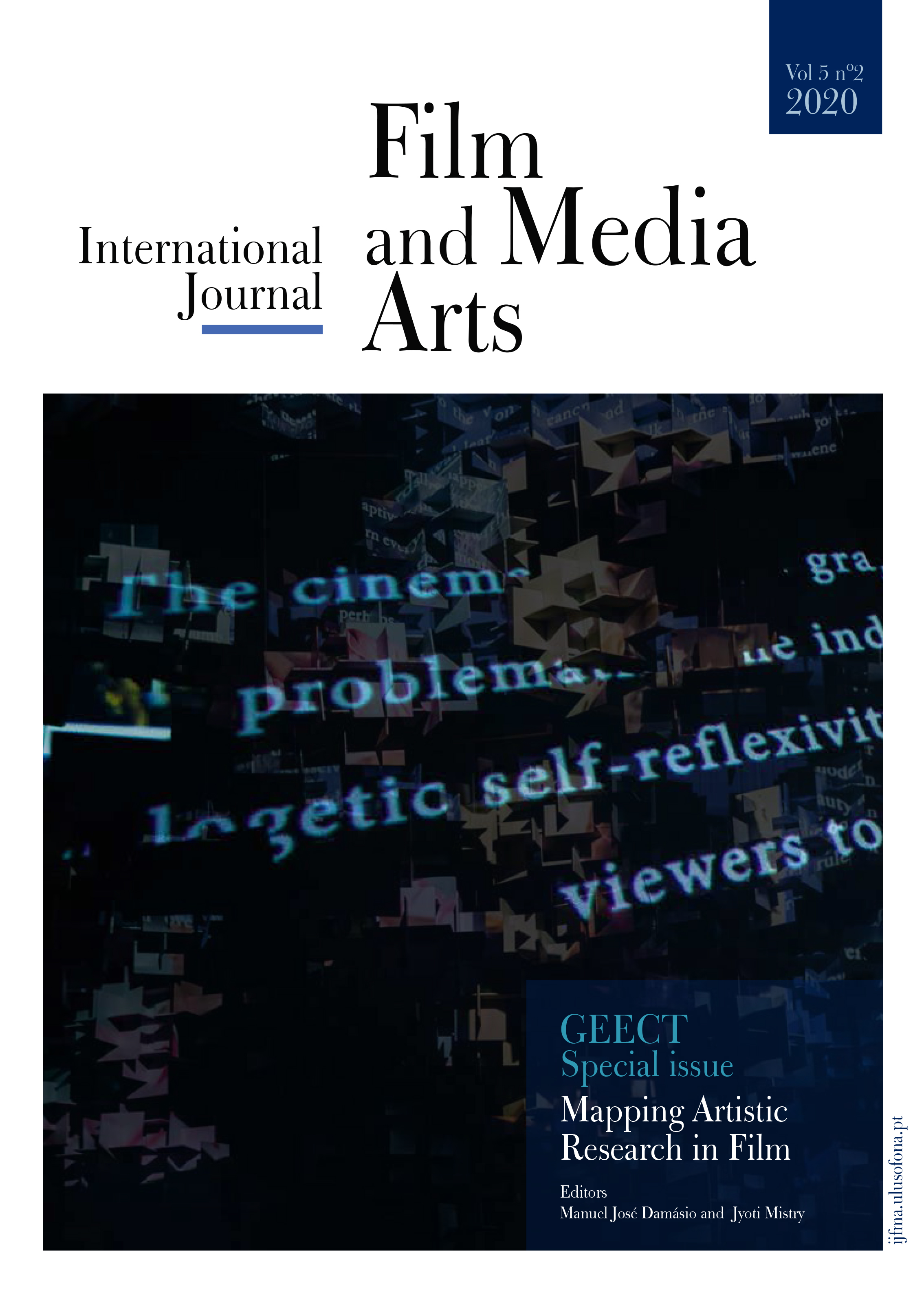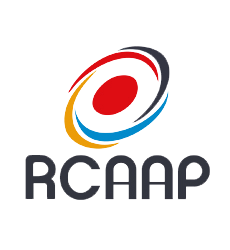Cover and Contents
Abstract
The idea for this special issue came out of the recognition that an association such as GEECT must react to this state of affairs and should contribute to its member schools’ ability to offer learning and teaching programmes that are built on state-of-the-art knowledge in the field. We envision this special issue as a show case of the research being conducted in different schools and also as a statement in favour of the relevance of artistic practice based research. The articles here included are all examples of how artistic research is undertaken in film and media arts, and achieves its results both within those disciplines, as well as often in a transdisciplinary setting, combining artistic methods with methods from other research traditions.
In a context where film schools have been increasingly driven to conduct artistic research, we believe the development of the research environment is essential. This objective is just as important as the research outputs and their impact, and this has become a high strategic priority for GEECT that we also try to materialize via this special issue.
Copyright (c) 2020 IJFMA

This work is licensed under a Creative Commons Attribution-NonCommercial 4.0 International License.











